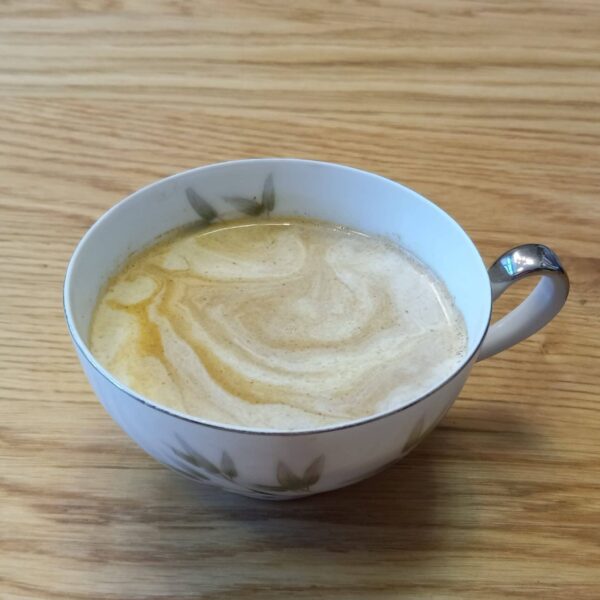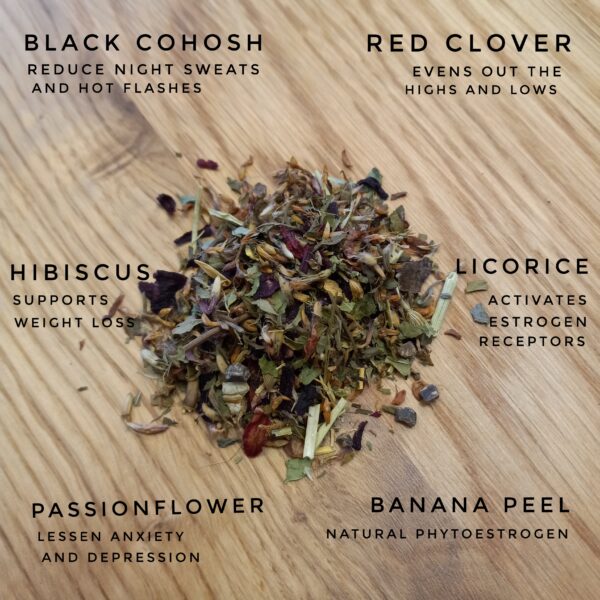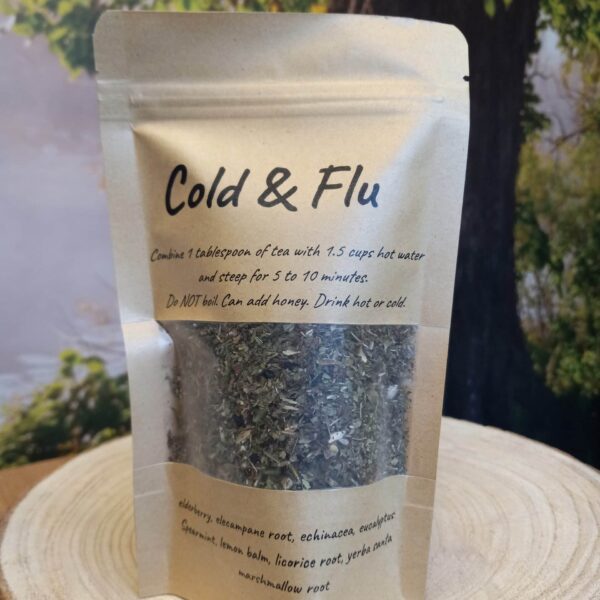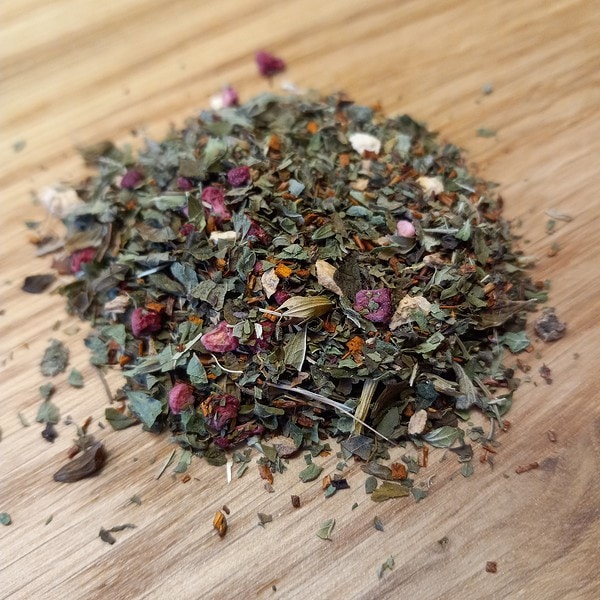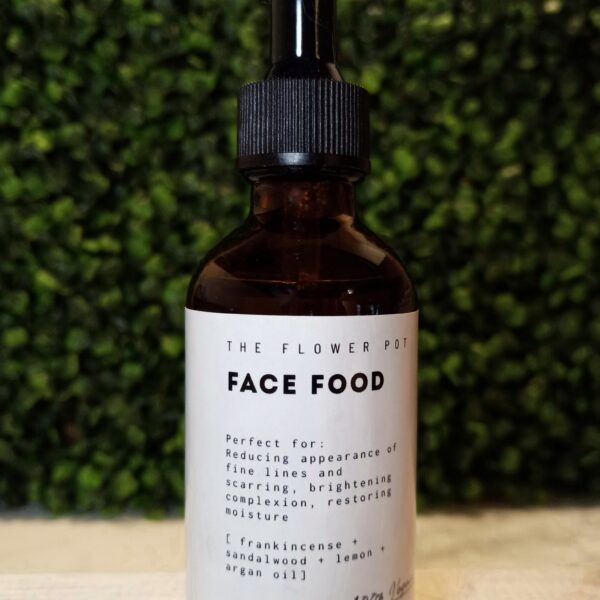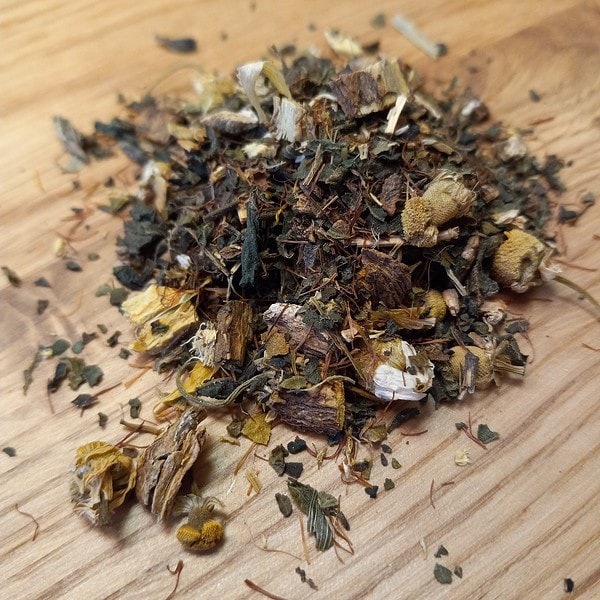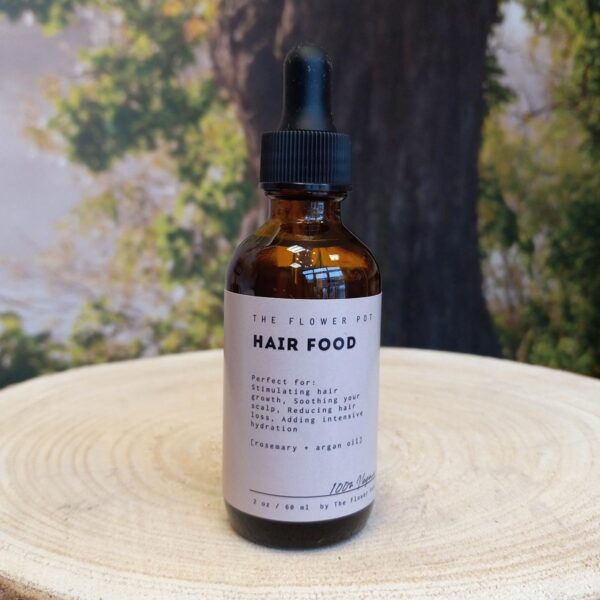Exciting news from the Land of 10,000 Lakes—Minnesota recently passed a new recreational marijuana law that’s got everyone buzzing. But what does that mean for the thriving market of hemp-derived edibles and beverages that has been on the scene for the past 11 months? Let’s dive in and explore the changes that lie ahead.
First things first, if you’re a fan of your current edibles provider, fear not! The existing sales of hemp-based gummies and drinks will continue largely unchanged. It might still take around 18 months before Minnesota-grown cannabis hits the retail stores, so you can keep enjoying your favorite goodies in the meantime.
However, there are a few adjustments in store for the fledgling edibles and beverage market. When hemp-derived, low-potency edibles were legalized in 2022, they lacked proper licensing, regulation, and taxation. Well, my friends, those gaps are about to be filled. The new law mandates that these products be licensed, regulated, and taxed. Starting July 1, edibles and beverages will be subject to a 10% tax, in addition to any existing sales taxes.
Temporary Regulations
State agencies such as the Department of Agriculture and the Department of Health, along with the new Office of Cannabis Management, will be working over the next year to establish permanent rules. In the meantime, temporary regulations have been put in place. These include restrictions on the sale of hemp-derived vapes and certain “artificially derived cannabinoid” products. The law also demands third-party testing of products for potency and the presence of pesticides, fertilizers, and solvents.
To ensure that these products aren’t easily accessible to individuals under 21 years old, they must be kept behind staffed counters or in locked cabinets. Safety first, folks!
While the new law doesn’t impose any limits on the number of retailers, it does require the first-ever state registration of sellers. This registration, starting October 1, will provide the state with valuable information about the number of retailers in operation. Previously, this data was unknown.
Oversight of edibles will now be handled by the Minnesota Department of Health, taking the load off the overburdened Board of Pharmacy. The Department of Agriculture will continue to oversee hemp growing and processing.
Local Ordinances
Now, here’s where things get interesting on the local front. Local ordinances that filled the regulatory gap when the state law took effect last summer will remain in place for now. Some cities have imposed license fees or even banned the sale of edibles and beverages. However, as the state establishes its own rules, it’s hoped that local governments will reconsider their stance.
The state’s Office of Cannabis Management will have the authority to issue low-potency edible retail and manufacturer licenses. Local governments will have to comply with these state rules, and while they won’t be able to add additional taxes to the state’s 10% tax, they will receive a share of the revenue and can charge for local registration of retailers.
For makers of hemp-derived beverages, the new law brings good news. It clarifies that edibles and THC beverages can be sold in bars and liquor stores immediately. Previously, the legality of such sales was uncertain. So, next time you visit your local watering hole, keep an eye out for some hemp-infused refreshments!
While there is much to celebrate with the passage of the recreational marijuana bill, some concerns have been raised about potential unintended consequences for hemp-derived businesses. For example, certain products like CBD vapes and full-spectrum CBD might face restrictions or even be banned under the new law. Business owners in the industry are keeping a close eye on how the regulations unfold, hoping for adjustments that support consumers and small businesses.
Final Thoughts
The hemp-derived edibles and beverage market in Minnesota will experience some changes with the new recreational marijuana law. Licensing, regulation, and taxation will be implemented, and temporary rules are already in place. Local ordinances will remain for now, but they will eventually have to align with state regulations. Exciting times lie ahead as Minnesota explores the possibilities of the cannabis industry, ensuring consumer safety and supporting local businesses along the way.
Stay tuned, my friends, as we witness the unfolding of this new chapter in Minnesota’s cannabis story. Remember, it’s always good to be informed and keep up with the latest developments. Happy munching and sipping, and here’s to a greener future!
Join Our Mailing List!
Sign up and be the first to know about specials, promotions and our latest articles on health and wellness.
Cara Schulz
Cara Schulz, a cancer survivor and green tea lover, has opened The Flower Pot, a holistic wellness shop in Burnsville that offers products ranging from medicinal teas and wellness tonics and herbal tinctures.


